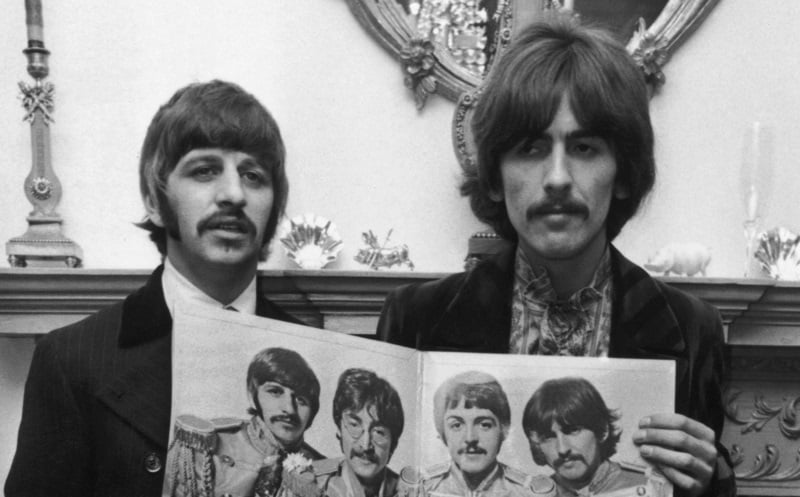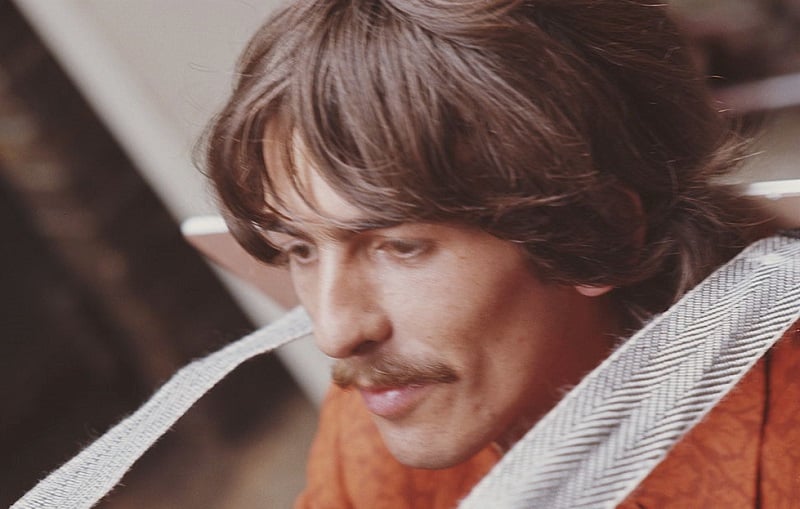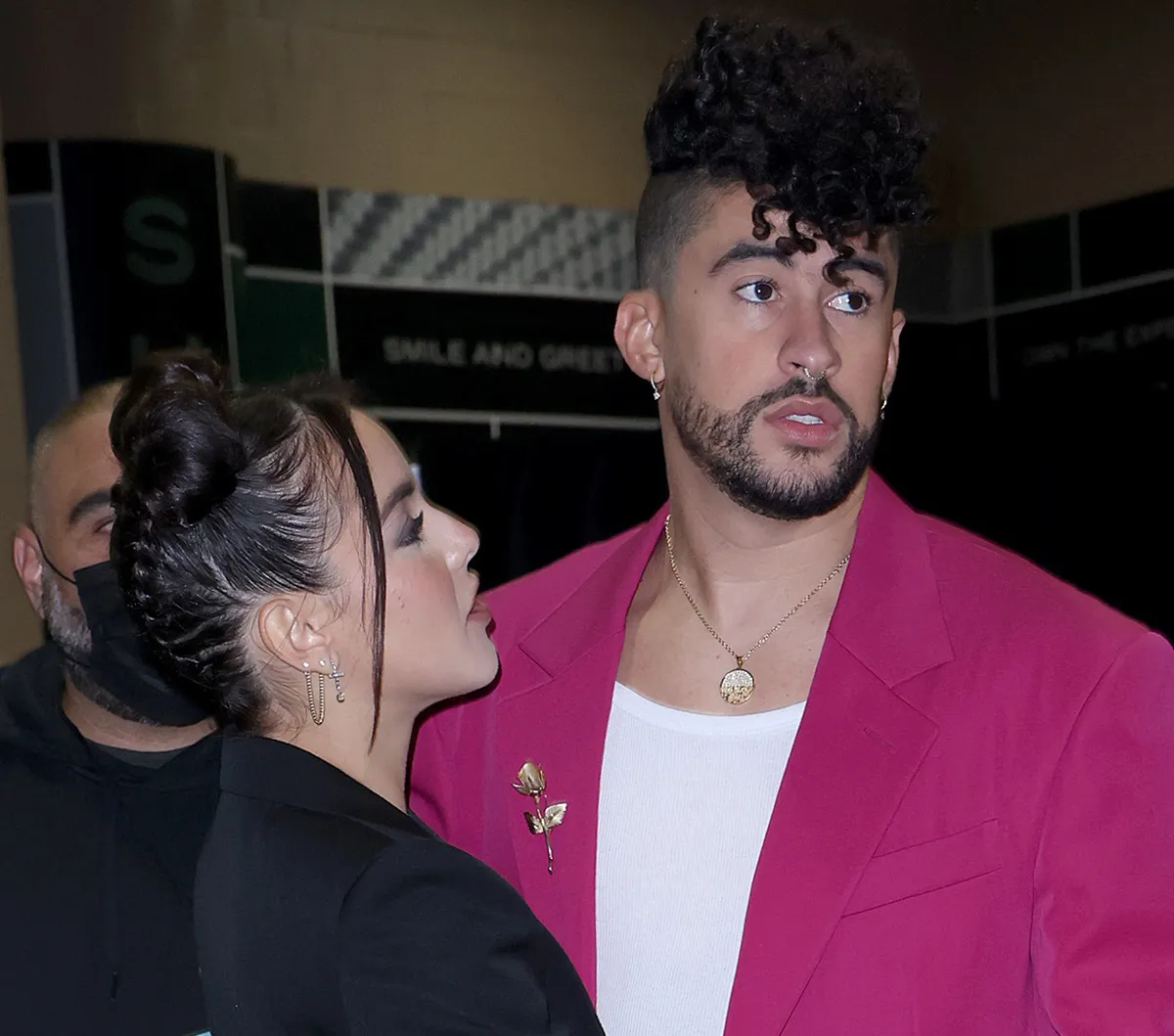Why George Harrison Contributed So Little to the ‘Sgt. Pepper’ Album
When Beatles fans got their hands on Revolver (1966), they found what many considered a pleasant surprise: three songs by George Harrison. On top of the blistering “Taxman,” George delivered the sitar-infused “Love You To” and the grooving “I Want to Tell You.”
Meanwhile, he’d worked his tail off to get a backwards guitar solo down for John Lennon’s “I’m Only Sleeping.” In fact, George obsessed so much over that track he drove the studio engineers crazy. All in all, you could call it a creative peak for him to that point.
After the band finished Revolver and embarked on its final, maddening tour, the Beatles took a much-deserved holiday. George, along with his wife Pattie, headed off to India for six weeks.
Not long after their return, the band began the nearly five months of work on what became Sgt. Pepper’s Lonely Hearts Club Band. But this time around, fans only got one George Harrison song/. It marked one of his low points with The Beatles.
George, just back from India, didn’t like the ‘Sgt. Pepper’ concept at all.

When you hear the Fab Four and the band’s producer and engineers speak about Sgt. Pepper’s, everyone sounds like they were on the same page. John pulled off his epic “A Day in the Life” with clutch assists by Paul McCartney and George Martin, and Ringo called the record “our grandest endeavor.”
But George was on a different page. Though he eventually brought his classic “Within You Without You” to the sessions, his first song didn’t work out. He said he found the laborious work in the recording studio “a bit tiring and a bit boring.”
“Sgt Pepper was the one album where things were done slightly differently,” he said in Anthology. “A lot of the time … we weren’t allowed to play as a band so much. It became an assembly process – just little parts and then overdubbing.” He also noted how India had changed him.
“After [the India trip], everything else seemed like hard work,” George said. “It was a job, like doing something I didn’t really want to do, and I was losing interest in being ‘fab’ at that point.”
The Beatles rejected George’s 1st song for the album.

That attitude carried over into his work. Paul recalled George contributing very little to the overall sound. “George wasn’t very involved in that album,” he said. “He just had one song. It’s really the only time during the whole album, the main time, I remember him turning up.”
In fact, George did have a second song, but it was rejected by the band and disliked by producer George Martin. The track, “Only a Northern Song,” struck everyone as uninspired and even out of line, considering it criticized the publishing arrangement that stiffed him out of royalties.
Geoff Emerick, the Beatles’ chief engineer, called it “a weak track we all winced at.” He also reported Martin’s reaction when George debuted the song. “George Martin simply said, ‘I’m disappointed George didn’t come up with something better,'” Emerick wrote in Here, There and Everywhere.
In the coming albums, George would come up with something better. By Abbey Road, you could argue he delivered the best songs of the album with “Something” and “Here Comes the Sun.” But on Sgt. Pepper’s, he’d left his heart in India.
Also see: The Beatles Album George Harrison Called a ‘Full-Fledged Pothead’ Record


